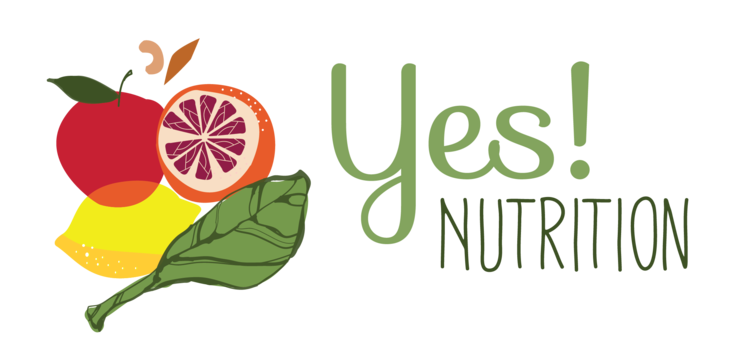Are Canned Foods Healthy?
As a Registered Dietitian, I frequently get asked "are canned foods healthy?" My answer: as with many things in nutrition, that answer is complex and depends on YOU and your life. So, to answer, here's what I do when it comes to choosing canned foods (and also a peek inside my pantry!).
From vegetables to beans - and even canned tuna and sardines - canned products save me time and energy in the kitchen. They don't "go bad" as quick as their refrigerated counterparts would. They allow me to load my soup with vegetables and add extras to my salad when a trip to the grocery store for fresh ingredients just didn't happen that week. Because even though I don't like to admit it - I am guilty of letting fresh produce go bad (argh, food waste!), I don't drive the 25 miles to the grocery store every week, and I do like to save some time in the kitchen. It's real life.
Canned foods offer an easy way for me to get the nutrition I need. And, though many canned products do contain salt (aka sodium), I try to choose vegetables and beans that offer "no salt" or "low salt" added. And if I can't get those options, I know that I can reduce up to 40% of the sodium found in canned foods by simply draining and rinsing the food inside. You can too.
For me, canned fruit doesn't happen as often, as I prefer the taste and texture of whole, fresh fruit or will do frozen fruit for use in smoothies, oatmeal, or baking. But, I know for some, canned fruit is their fruit-of-choice. I recommend that if this is is the case, they choose fruit packed in water or canned in 100% juice (not syrup or extra added sugar). Also watch the "lite" versions of some canned fruits, as though they'll contain less calories, it's because they do so by using artificial sweeteners.
One thing that I am worried about when it comes to canned foods is BPA, which can be found in the lining of many metal cans. BPA is a known endocrine disruptor, which has been associated with an increased risk for heart disease, some cancers, and metabolic concerns including diabetes. It's especially concerning for me as a woman of childbearing age as BPA has also been linked to an increased risk for reproductive dysfunction, miscarriage, decreased birth weight at term, and impaired cognitive development in young children.
This is why even though I use canned foods, I limit my exposure to BPA by choosing fresh or frozen vegetables more often than canned. When I choose canned, I strive to purchase cans made with BPA-free lining, and choose canned products only when I need to, like when I don't want to soak and cook my own beans (it's easy, but it takes time) or when I can't get the food I want fresh or frozen...this chick lives in the 21st century and, at this point in life, is not going to fire-roast her own tomatoes every time she needs to. Sorry...not sorry!
I also try to limit my exposure to BPA by keeping plastic out of the freezer, sun, and microwave (even if it says "microwave safe"), by storing my food in glass containers, and by using glass or stainless steel water bottles and straws.
Bottom line: canned foods help me in the kitchen by reducing my time, by helping me avoid food waste, and by enabling me to use vegetables and beans when I otherwise wouldn't. However, I choose fresh more often than canned, and, because of my concern for BPA, I choose foods lined in BPA-free cans and engage in other practices to help reduce my total BPA exposure.
So, are canned foods healthy for YOU? Do they help you enjoy more vegetables or beans? Do they offer a cost-effective way to get the nutrition you need, while helping you save time and energy in the kitchen? Or, do you prefer fresh or frozen for various reasons? You see, the answer lies with what works best for you. Evaluate your answer, then let me know in the comments below or on Facebook at @YesNutritionLLC.

